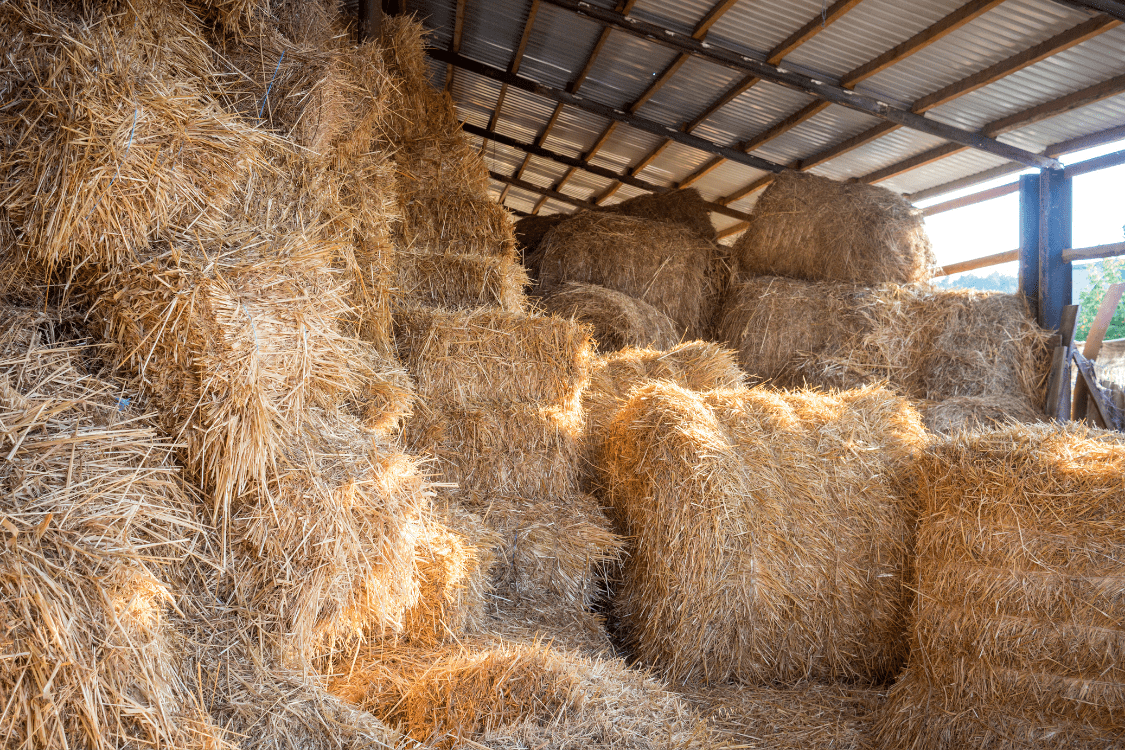Hay Storage: Maintaining Quality Year-Round for Your Horse

Proper hay storage is essential for preserving the nutritional value and safety of your horse’s feed throughout the year. This article explores best practices, common challenges, and practical tips to ensure your hay remains fresh and beneficial.
Why Proper Hay Storage Matters

Hay is a primary source of fiber and nutrients for horses. Improper storage can lead to mold growth, nutrient loss, and contamination, which can harm your horse’s health. Maintaining quality hay helps prevent respiratory issues and digestive problems.
Ideal Conditions for Hay Storage
- Dry Environment: Moisture is the biggest enemy of hay quality. Store hay in a dry, well-ventilated area to prevent mold and spoilage.
- Temperature Control: Avoid extreme temperatures that can degrade hay quality.
- Protection from Pests: Use sealed containers or barns to keep rodents and insects away.
Storage Methods
| Method | Description | Pros | Cons |
|---|---|---|---|
| Barn Storage | Traditional indoor storage in a barn | Protects from weather, pests | Requires good ventilation |
| Hay Shed | Open-sided shelter with a roof | Good air circulation | Less protection from pests |
| Tarps and Covers | Outdoor storage covered with waterproof tarps | Cost-effective, flexible | Risk of moisture if not sealed |
Tips for Maintaining Hay Quality
- Store hay off the ground using pallets or racks to prevent moisture absorption.
- Rotate hay stock regularly to use older hay first.
- Monitor for signs of mold, dust, or unusual odors.
- Avoid storing hay near chemicals or fuel.
Frequently Asked Questions (FAQ)
Q1: How long can hay be stored without losing quality?
A: Under ideal conditions, hay can be stored for up to 12 months, but quality may decline over time.
Q2: What are the signs of spoiled hay?
A: Mold, musty smell, discoloration, and excessive dust are indicators of spoiled hay.
Q3: Can wet hay be dried and stored safely?
A: Wet hay should be dried thoroughly before storage to prevent mold and spontaneous combustion risks.
Conclusion
Investing time and effort into proper hay storage ensures your horse receives nutritious, safe feed year-round. By following these guidelines, you can maintain hay quality, reduce waste, and support your horse’s health effectively.
